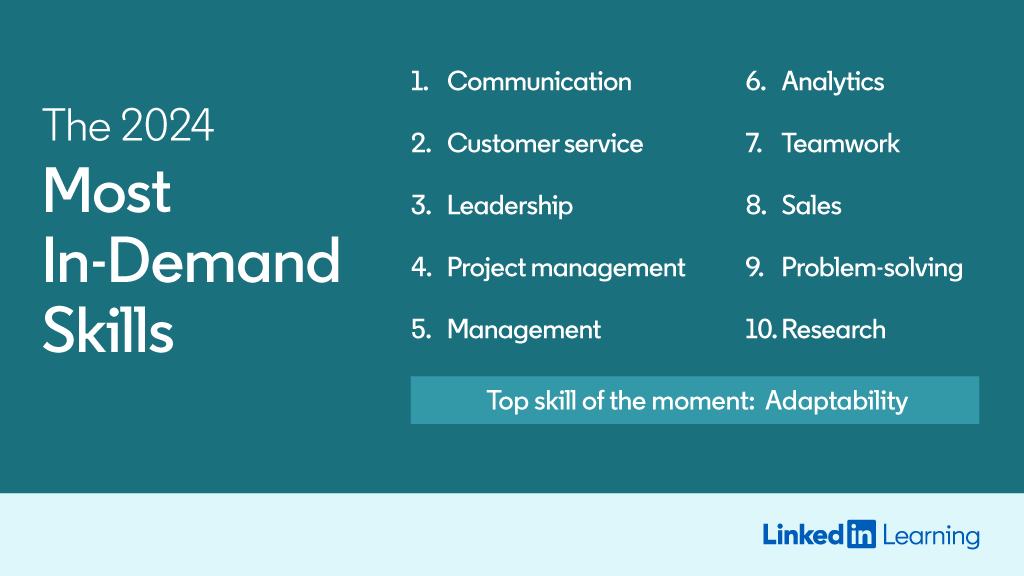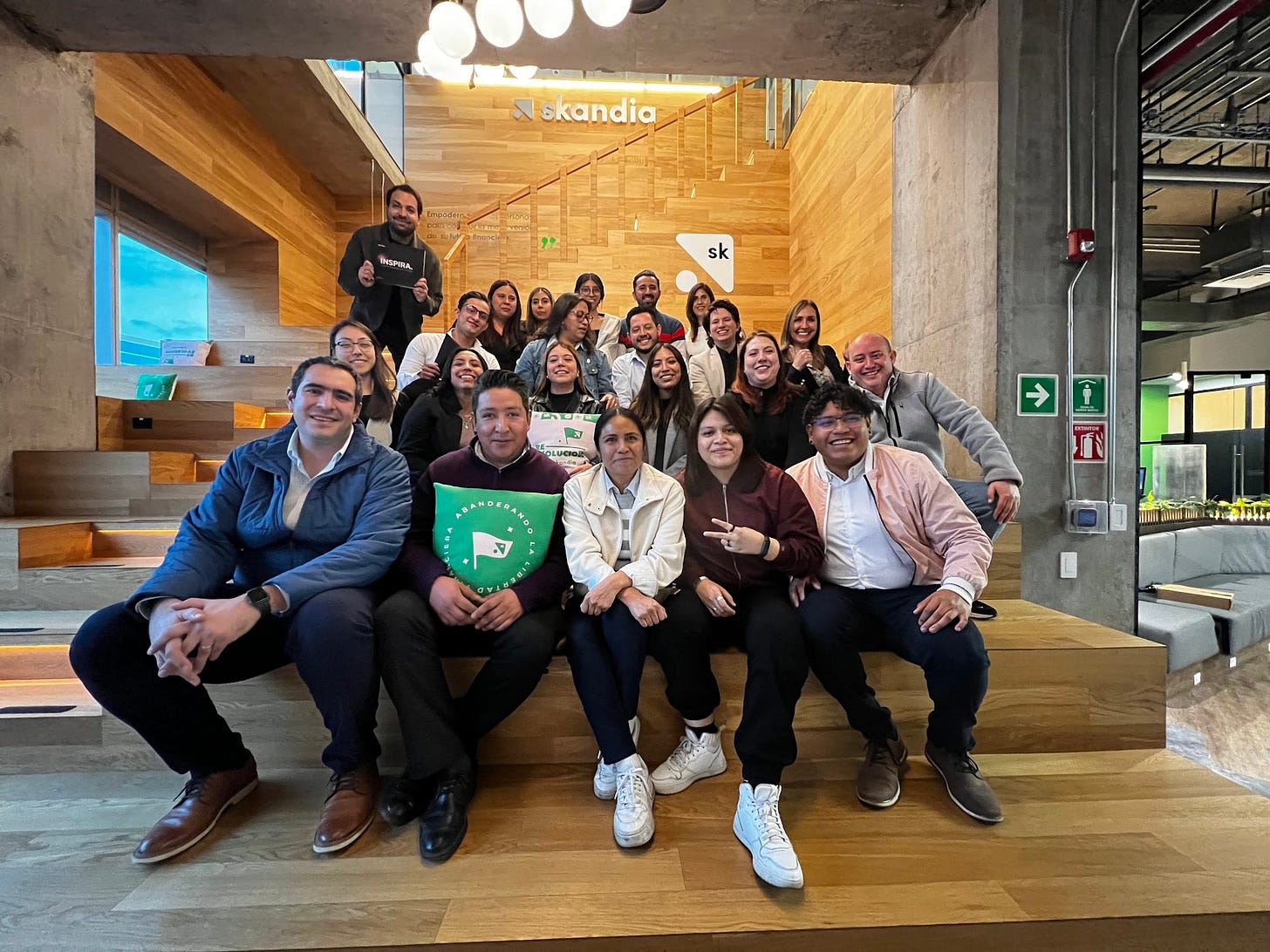"AI skills are basically the skills of good managers"
Exploring a viral post from Ethan Mollick, a leading Wharton Professor and AI expert
Today: Why we need to reprioritize skills in the workforce
👋 Hey! Welcome to Astrolab’s weekly newsletter on how to become a better communicator at work.
Our abilities to effectively communicate, develop empathy and think critically have allowed humans to collaborate, innovate and adapt for millenniums, wrote two work force experts for the NyTimes last year.
I shared this piece dozens of times throughout 2024, wrote a LinkedIn post about it, and created a talk around it.
Being in the professional training industry, my everyday focus gravitates toward the so-called soft skills. The AI hype has just emboldened my passion. Recently, soft skills are becoming more and more relevant for the work force.
Here’s the 2024 Most In-Demand Skills according to a report by LinkedIn based on their one billion users:
Yes, communication is #1, but look at what comes after, and you’ll see many other skills that require, to some degree, communication skills.
Here’s Dan Brodnitz, Head of Global Content at LinkedIn, sharing context about the report:
(about Customer Service, #2): AI has already brought about watershed changes in the customer service arena, but there are aspects of this function that cannot and should not be automated. The people-centered aspects of customer service, including cultivating relationships and building trust, are becoming increasingly important.
(about Project Management, #4): As teams and workflows grow more complex, people leaders and project leaders who can keep everything organized and everyone on the same page are in high demand.
(about Sales, #8): The core fundamentals of selling — building relationships and bringing in customers — remain essential in the business world.
And here’s the funny thing: many so-called AI skills are also about communication, as the renowned Wharton Professor Ethan Mollick explained yesterday in a post that has gone viral:
But here’s the catch, in the words of the NyTimes piece.
Soft skills have never been treated seriously in Corporate America. They
have never been properly valued in our economy or prioritized in our education and training. In today’s knowledge economy, many students are focused on gaining technical skills because those skills are seen as the most competitive when it comes to getting a good job.
At the same time,
96 percent of a software engineer’s current skills — mainly proficiency in programming languages — can eventually be replicated by A.I. Skills
So what should we do, as business managers and people leaders that read this newsletter?
How do we harness this insight and drive business outcomes?
Three paths, choose one
Here are three directives. Choose the one that fits more with your role and help your organization move forward:
Reprioritize soft skills in your organization (understanding for soft skills the skills that allow us to collaborate and innovate in ways technology can amplify but never replace)
Tie the learning of these skills to where the economy is going, no to where it has been. Invest in helping your leaders and managers learn how to build relationships, create inspiring narratives and communicate with clarity.
Help your work force spend less time on routine tasks and make it easy for them to engage with customers and employees (this idea comes from
, who understands, after leading PepsiCo LATAM and Tec de Monterrey, that intangible assets such as customer satisfaction and employee engagement are the most valuable property of a company)
I opened this text with a quote from the NyTimes article. I’ll close it with another, as I hope to make you rethink:
Today the knowledge economy is giving way to a relationship economy, in which people skills and social abilities are going to become even more core to success than ever before.
Change is possible, but we need leaders like you to make it happen.
Updates
Campbell’s 🍲: Today I shared a new talk—How to use storytelling at work to build trust and emotional connections—for the Latino Network at their New Jersey’s HQ in Camden. Great experience, incredible audience! Tl;dr: learn how to find and share connection, origin and lessons-learned stories to know people, and be known.
Let’s be Clear: here’s a tease on our newest program, designed to help you get to the point faster. If INSPIRA was designed for leaders and sales teams, Let’s be Clear is for
High-potentials
Mid-level managers
Functional experts
Entrepreneurs
INSPIRA 🏦: Charlie facilitated an INSPIRA for Skandia, a financial company in Mexico City. Perfect 10 NPS!
That’s all for today. See you next Thursday!
Andrés





